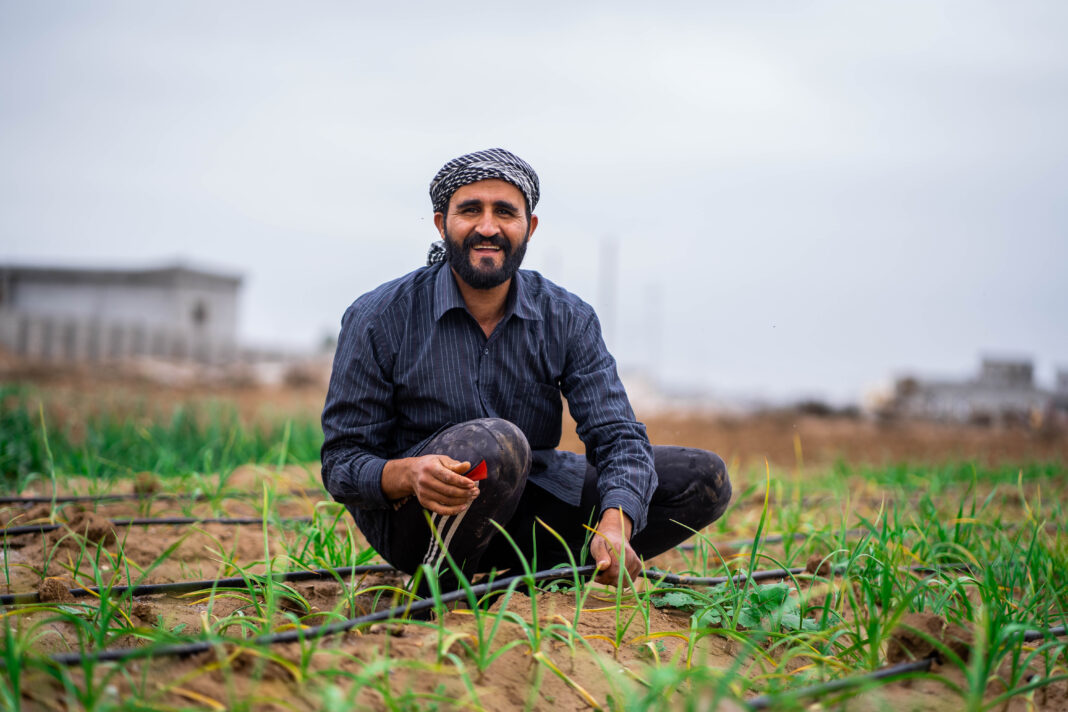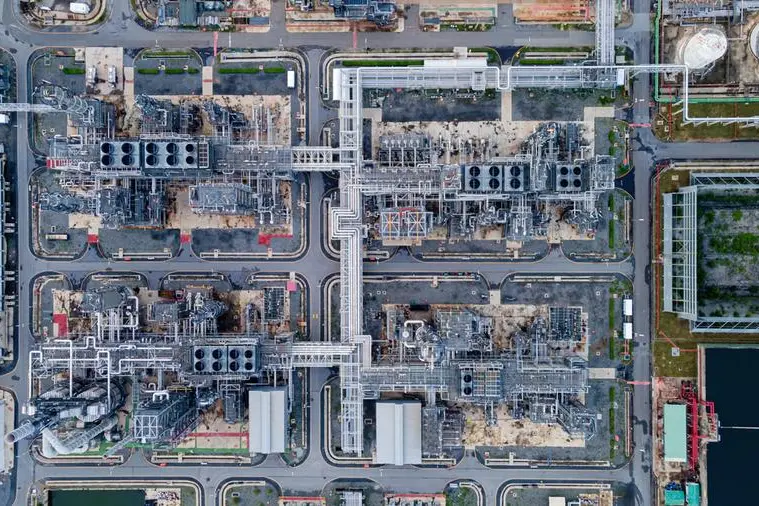Iraq expands agricultural lands after a boost in water flows from Turkey. This development promises relief for farmers across drought-hit regions in the country.
According to the Ministry of Agriculture, the improved water levels will allow Iraq to grow more summer vegetables and fodder crops. These efforts also support livestock production and increase food security. Officials say the new water reserves will benefit both central and southern provinces.
Turkey agreed to increase water deliveries following a recent high-level meeting. President Recep Tayyip Erdogan met Iraqi leaders and accepted the request to raise the flow rate. The agreement pushes the rate up to 420 cubic meters per second, improving conditions in areas affected by long-term drought.
So far, the increase has already helped ease pressure on farmers in southern Iraq. In many of these areas, crops had failed due to water shortages. Now, with larger reserves, the Ministry plans to add more farming zones. Iraq expands agricultural lands as part of a broader agricultural recovery strategy.
Moreover, the deal shows stronger cooperation between Iraq and Turkey. Since nearly 90% of Iraq’s water comes from Turkey, managing the flow remains critical. Both countries signed a strategic water agreement aimed at long-term regional stability.
The Ministry emphasizes that agriculture is vital for the national economy. By improving irrigation access, Iraq can reduce food imports and create more jobs. Transitioning toward sustainable farming is also part of the country’s wider environmental goals.
In addition, authorities plan to monitor and manage the new water allocations carefully. Officials aim to maximize every drop of water through better irrigation methods and planning.
In conclusion, Iraq expands agricultural lands using renewed water flows as a foundation for growth. With improved cooperation and increased resources, Iraq moves one step closer to agricultural resilience and food independence.This positive momentum also encourages farmers to return to their lands after years of drought. As Iraq continues working with regional partners, the long-term outlook appears hopeful. Continued investment in water and agriculture will be key to rebuilding rural communities and securing food production for future generations across the country.



